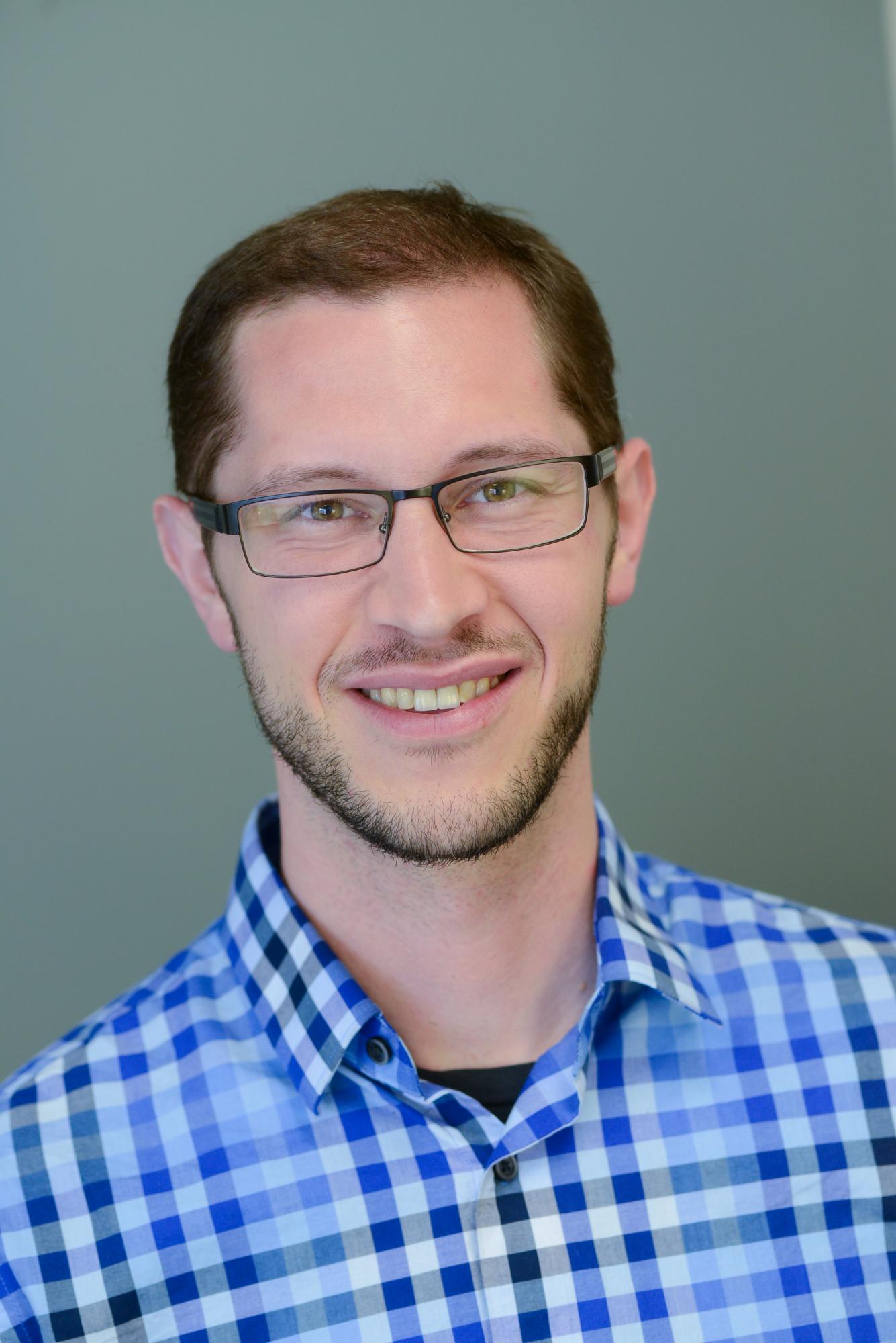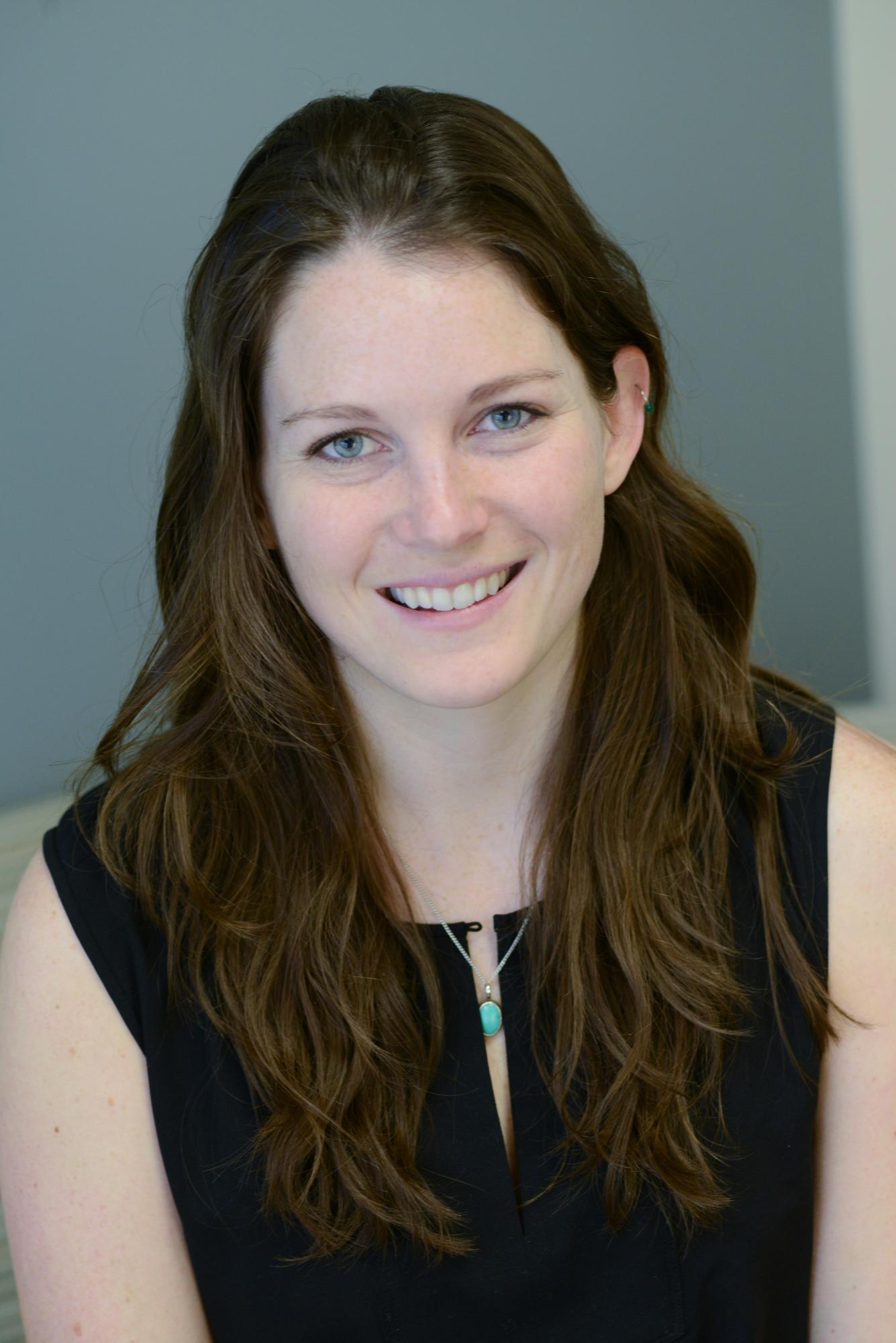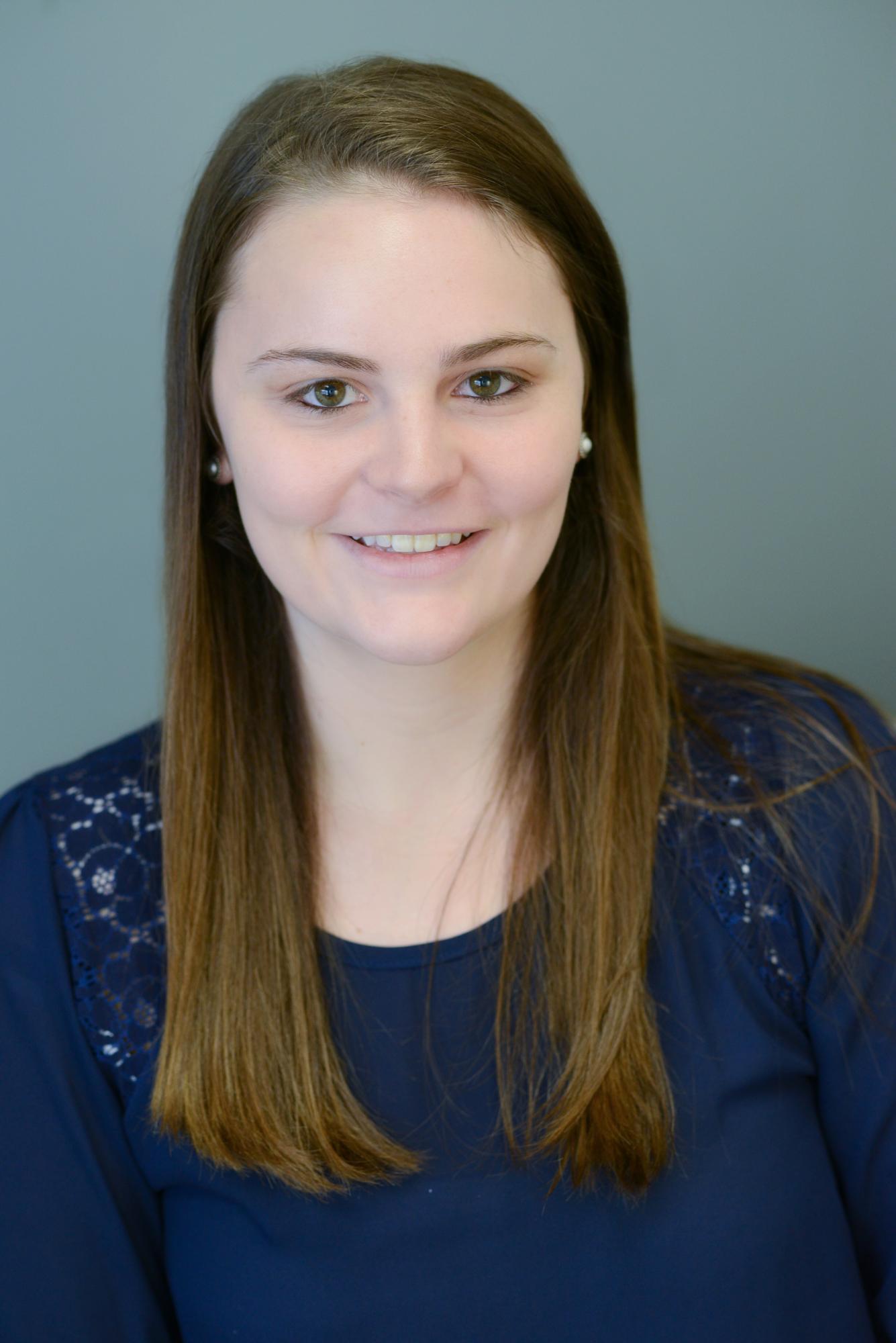Three Penn GSE teaching alumni selected for prestigious Knowles Science Teaching Foundation fellowships
Three Penn GSE alumni were chosen by the Knowles Science Teaching Foundation to become Teaching Fellows for the 2016 cohort. Jesse Braxton, Erika Mitkus, and Ashley Smith were selected for these highly competitive Teaching Fellowships, which provide support and professional development for early-career, high school mathematics and science teachers.
“I am delighted that our graduates have been honored this way,” said Penn GSE Dean Pam Grossman. “These fellowships recognize their personal commitment to serving young people through math and science education.”

Committed to teaching high school chemistry, Jesse believes the support and professional development the KSTF Teaching Fellowship offers will advance his “ability to lead lessons that go beyond content coverage,” and allow him to “provide students with opportunities to think deeply, make sense of the world around them, and act powerfully to pursue their goals in life.” He will begin his first year of teaching chemistry at The Workshop School in Philadelphia.

Mitkus is aware that many early-career teachers don’t always get the time or resources to help them learn their craft. That makes the fellowship so valuable, she said, because “the support of KSTF solves so many of these problems.” Continuing her master thesis’s theme exploring ways of introducing socio-scientific issues and ethics into the science classroom, Erika is “interested in teaching social justice issues in the context of biology.” She adds, “I don’t think I would feel nearly so excited about teaching science if it weren’t for Penn GSE, and I absolutely wouldn’t be as prepared.” Mitkus will begin her first year of teaching biology at The Sanford School in Hockessin, Delaware.

A source of concern to Smith and many other early career high school teachers is the all-too-common susceptibility to become overwhelmed with work. But Ashley said the KSTF fellowship offers her peace of mind. “I will have the support and resources I need to continue to love this career.”
These three Penn GSE alumni will be part of KSTF’s 2016 cohort of 34 fellows, according to KSTF’s press release. The Teaching Fellowship focuses on supporting teacher-led educational improvement in the classroom and beyond by offering fellows “access to a comprehensive suite of benefits for five years, including: summer stipends, funds for professional development, grants for teaching materials, mentoring and support from experienced teachers and teacher educators, support for teacher leadership activities, [as well as] membership in a community of more than 300 like-minded peers in 40 states.”
